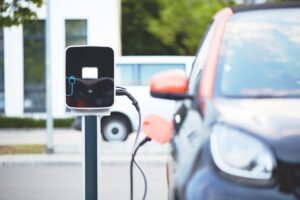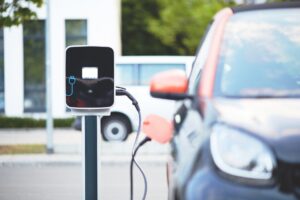
Several factors influence the rate of vehicle depreciation. Among them, consumer demand for a specific make and model plays a significant role.
According to a study conducted by iSeeCars.com, which analyzed the sale of over 1 million vehicles from November 2022 to October 2023, the depreciation rate over a five-year period shows that electric vehicles (EVs) experience the most rapid depreciation. The study also found that trucks and hybrids tend to maintain their value more effectively
When compared to historical data, it was observed that depreciation rates across major vehicle segments were lower than they were in 2019. On average, vehicles depreciate by 38.8% in the last five years.
However, electric vehicles depreciate at a higher rate of 49.1%, which is more than 10 percentage points worse than the average. SUVs also experience a depreciation rate higher than the average at 41.2%.
Luxury vehicles are also notable for their depreciation, with models like the Maserati Quattroporte, BMW 7 Series, and Maserati Ghibli losing over 61% of their value during the initial five years.
In contrast, the Porsche 911 (coupe) and the Porsche 718 Cayman experience the lowest percentage-based depreciation, although their dollar amount depreciation is high due to their premium sticker prices.
Among trucks, the Toyota Tacoma is the most effective at retaining its value, losing just $8,359, which is slightly over 20%, during the initial five years.
Within the industry, concerns have been raised recently regarding declining sales of electric vehicles. Toyota, for instance, has reduced its forecast for EV sales for the upcoming fiscal year by 39.1%, and Ford has scaled back its production of these vehicles.
Karl Brauer from iSeeCars, who published the data, said: “The good news for car owners is that all used cars hold their value better than they did five years ago. But not all used cars retain value equally, with trucks and hybrids among the best segments and electric vehicles the worst.
Hybrids have a nearly 12 percentage point advantage over EVs in value retention, which translates to thousands of dollars in higher market value after five years.
The disparity between electric vehicles and hybrids is worth noting, with EVs being the worst group at holding their value and hybrids among the best. Some manufacturers have reduced or even abandoned the hybrid market in favor of EVs, but these figures suggest consumers still appreciate a hybrid’s combination of higher fuel efficiency and zero range anxiety.”



